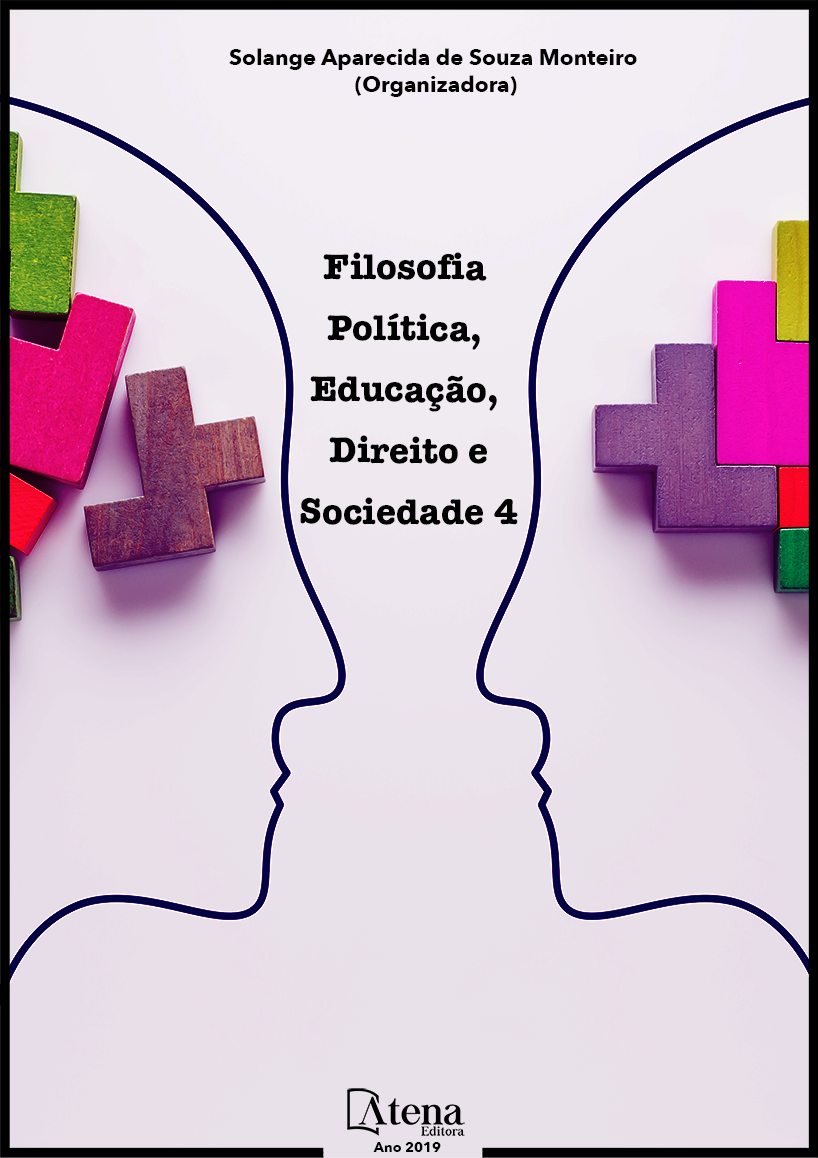
LUDICIDADE E O BRINCAR: UMA ABORDAGEM METODOLÓGICA NA EDUCAÇÃO INFANTIL
O artigo presente trata-se da
importância do lúdico como um processo
educativo de aprendizagem na educação infantil.
Tem como objetivo demonstrar e compreender
o universo lúdico, dando ao professor a
compreensão que ao trabalhar com a ludicidade,
ele não estará abandonando a importância dos
conteúdos e sim desenvolvendo novas práticas
educativas por meio de brincadeiras, que
envolva a criança de uma forma sadia para o
aprendizado, pois os jogos e as brincadeiras
facilitam a significação de conceitos e também
fazem parte do mundo infantil, pois sempre
estão presentes em suas vidas desde o inicio,
sendo assim possibilitam o desenvolvimento
da percepção, da fantasia, do sentimento,
da imaginação, das práticas motoras, do
desenvolvimento racional, do desenvolvimento
visual, e oral.
Assim o lúdico torna-se um meio de grande
importância na Educação infantil. Pois por meio
das atividades lúdicas as crianças desenvolvem
consigo mesma um ser criativo, colaborativo,
responsável, que comunica-se consigo mesma
e com o mundo, aprende sobre a existência dos
outros, desvenda suas descobertas, estabelece
relações sociais, constrói conhecimentos,
desenvolvem-se integralmente o respeito
entre os outros, e aprendem a lidar com as
frustrações. Portanto, para desenvolver esse
trabalho, utilizamos uma pesquisa de campo,
fundamentada em leituras de estudiosos como
Sneyders, Vygotsky e Piaget que trata-se sobre
o assunto decorrido, além de observações
realizados em diário de campo. Dessa forma o
estudo nos proporcionará uma leitura acerca da
importância do brincar na vida do ser humano,
e, em especial na vida da criança na educação
infantil.
LUDICIDADE E O BRINCAR: UMA ABORDAGEM METODOLÓGICA NA EDUCAÇÃO INFANTIL
-
DOI: 10.22533/at.ed.9711904029
-
Palavras-chave: Lúdico, Ensinoaprendizagem, Praticas Pedagógicas.
-
Keywords: Playful, Teaching-learning, Pedagogical Practices.
-
Abstract:
The present article deals with the
importance of playful as an educational process
of learning in childhood education. It aims to
demonstrate and understand the playful universe, giving the teacher the understanding
that when working with playfulness, he will not be abandoning the importance of content,
but developing new educational practices through play, involving the child in a healthy
way to learning, since games and jokes facilitate the meaning of concepts and are also
part of the children’s world, because they are always present in their lives from the
beginning, so enabling the development of perception, fantasy, feeling, imagination,
motor practices, rational development, visual and oral development.
Then the playful becomes a way of great importance in the education of children. For
through play activities children develop with themselves to be a creative, collaborative,
responsible who communicates with themselves and with the world, learns about the
existence of others, uncovers their discoveries, establishes social relations, builds
knowledge, fully respect each other, and learn to deal with frustration. Therefore, to
develop this work, we use a field research, based on readings of scholars such as
Sneyders, Vygotsky and Piaget that deals with the subject, in addition to observations
made in field diary. In this way, the study will provide us with a reading about the
importance to play in the life of the human being, and especially in the life of the child
in childhood education.
-
Número de páginas: 15
- Nayara Paloma Vieira Galdino
- Kátia Farias Antero
- Thays Evelin da Silva Brito


